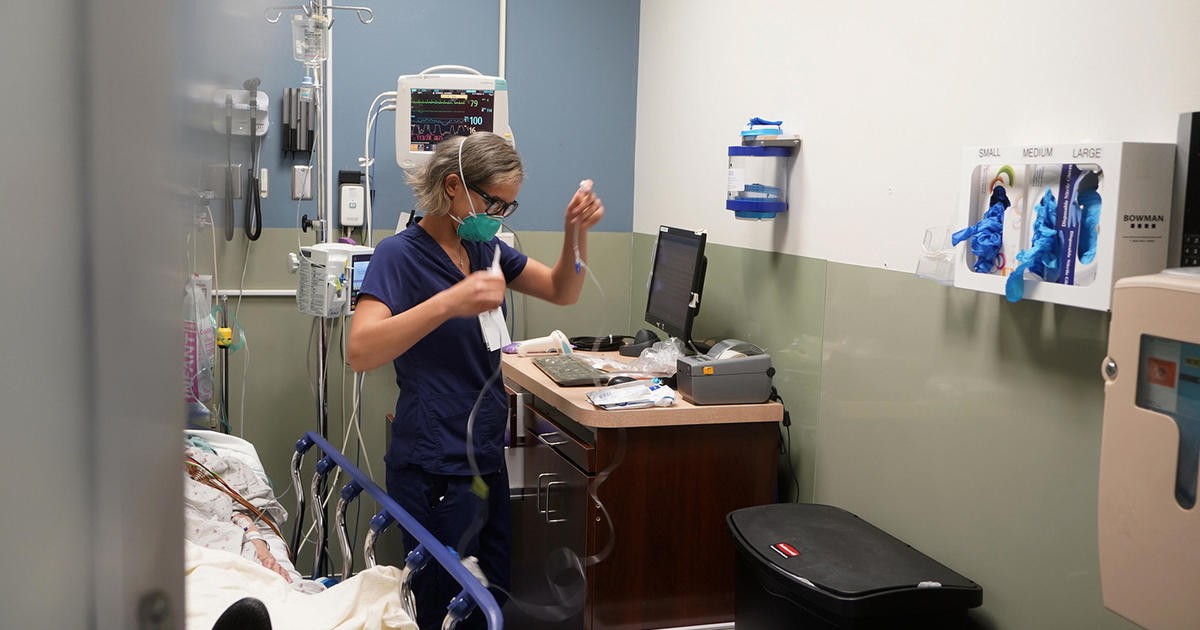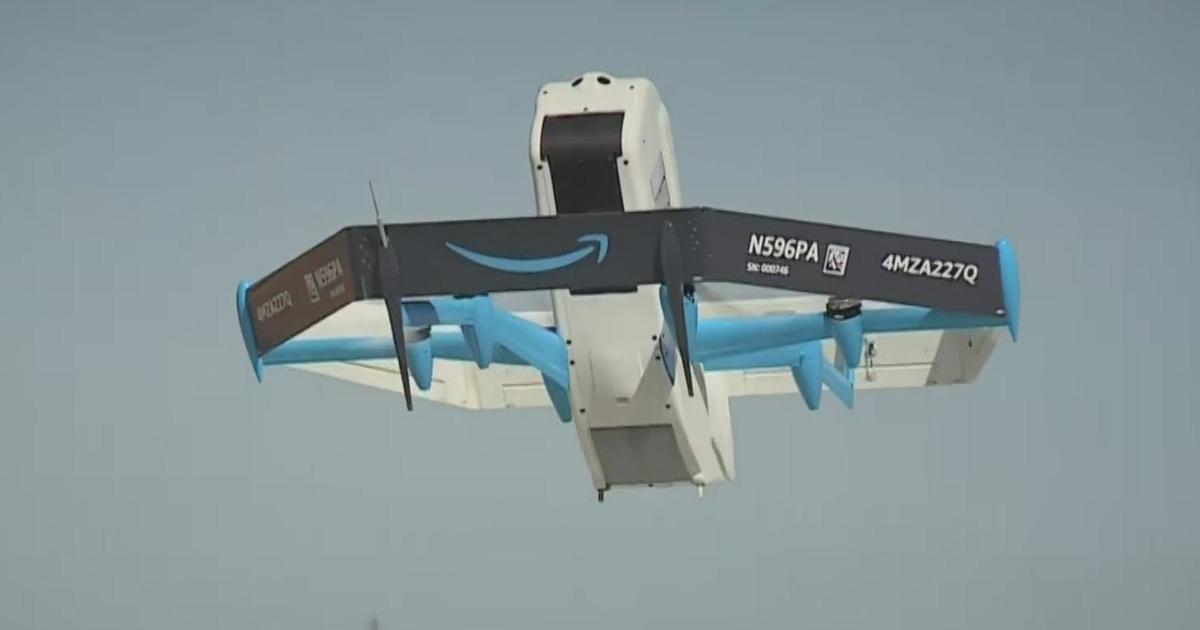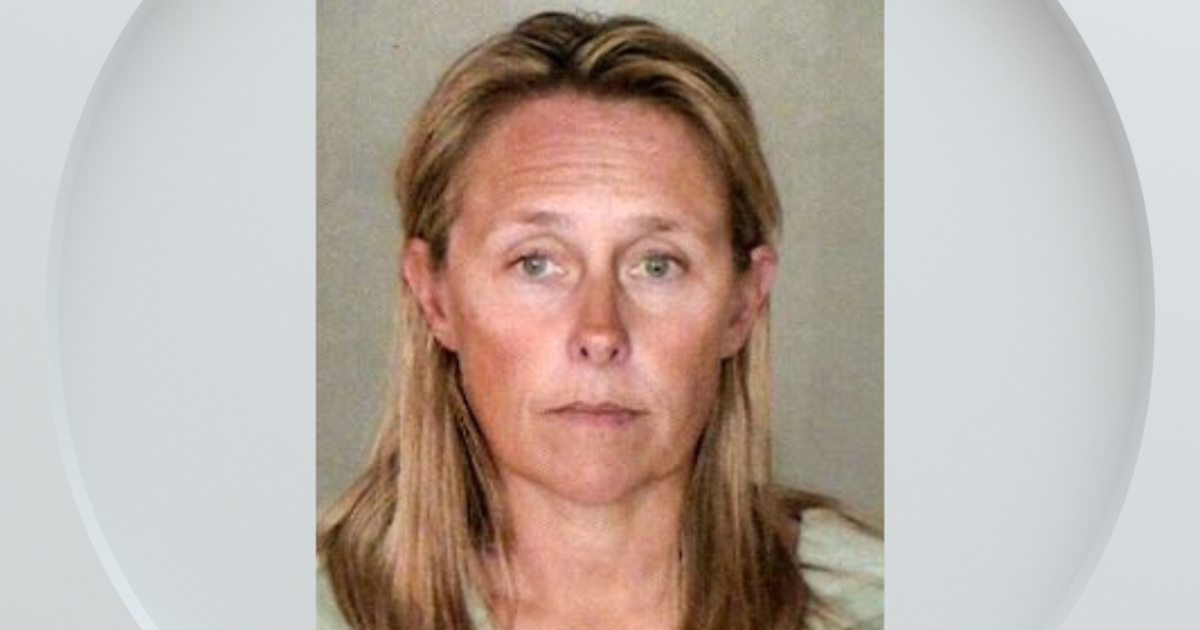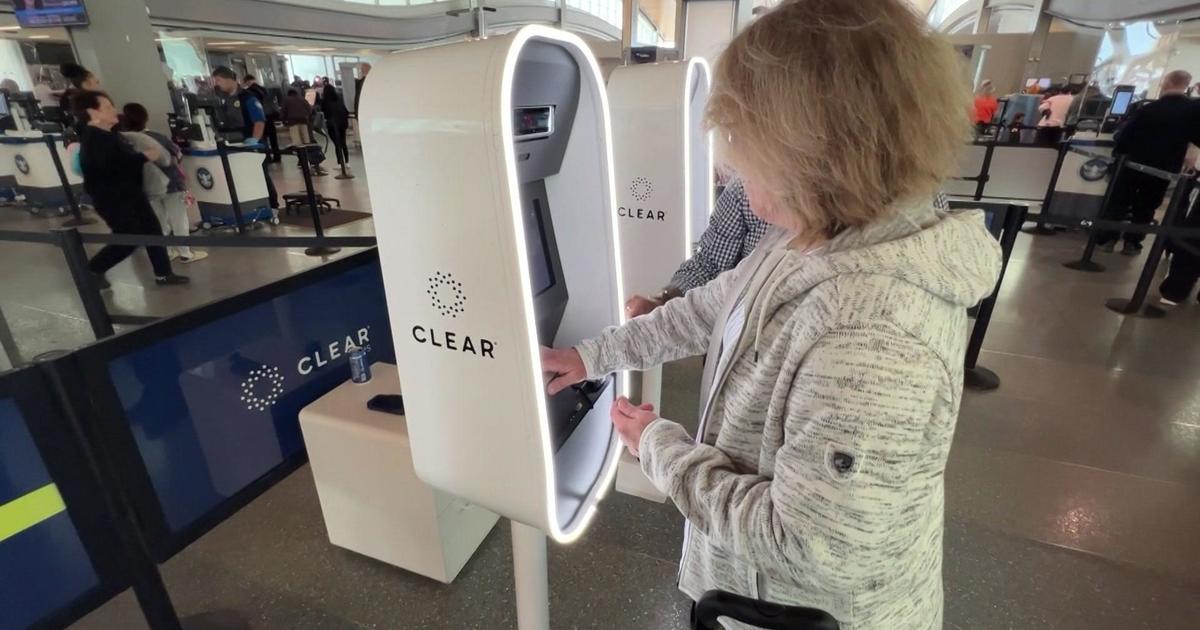District Manager: California Drought Curtailments Meant Wasting 100 Million Gallons Of Water
MCCLOUD (CBS13) — It's a stunning water waste controversy pitting the general manager of a tiny town against the state of California.
McCloud Community Services District General Manager Wayne Grigsby claims 100 million gallons of water went to waste, and it's all the State Water Resources Control Board's fault.
MORE: California Drought Special
"That's the damndest thing I've ever seen," he said. "Just dump the damn water on the ground.
The state water board is in charge of managing the drought, deciding whose water rights get cut off, and whose don't.
Grigsby showed us one of his community's springs, the source of the purest mountain water around, and a source of a heated controversy.
He makes no secret how he feels about it.
"I'm so disgusted, I could eat dirt," he said.
Where he's standing is a creek bed that's been dry for decades. But when the state water board ordered McCloud, a small town in the shadow of Mount Shasta, to stop diverting water from two of its three springs, Grigsby says the water went right into the ground. He calls it a complete waste at 2,500 gallons a minute.
"Just water the damn forest and water the trees and leech into the ground, didn't benefit anybody," he said/
It's obviously not what the state intended when in June it issued a curtailment order to McCloud, a senior water rights holder. In theory, when McCloud stopped diverting, the water would flow downstream to the Sacramento Valley.
Instead, Grigsby says nobody got to use the millions of gallons of water, since it flowed into the forest and had no way of reaching Lake Shasta. The creek that usually carries the water dried up, killing fish. He says nobody at the state would listen to him.
"Do what the hell they want," he said.
But he didn't dare defy the order and risk potentially crippling fines.
"Feel like it's almost like a damn dictatorship," he said.
Recently, the state proposed a $1.5 million fine for the Byron Bethany Irrigation District, another senior water rights holder, for taking water it says the district had been warned not to take.
In mid-July, a month after the curtailment order was issued to McCloud and Grigsby contacted numerous state agencies, several lawmakers and county officials, the water board rescinded its order. McCloud could take the two springs back online, Grigsby says, but on the condition it didn't use any of the water and passed it downstream.
"Disgusting," he said. "In the real world, which, we live in the real world, I'd fire all those damn people and start all over."
What's ironic is most of the water from the two springs ends up in Lake Shasta where it's sent downstream. That's not lost on locals like Nancy Parker.
"They should be very angry in Sacramento, San Francisco, all those areas, anywhere the aqueduct leads to," she said.
"The amount of water was mind-boggling," said resident Bob Wieder. "Here they're trying to tell everyone to cut back 25 percent, and they throw away 2,500 gallons a minute. That's a lot of water."
The 2,500 gallons a minute, 24 hours a day for 4 weeks adds up to more than 100 million gallons of water going to waste. That's enough to water a lawn 24 hours a day for more than six years.
"I would tell them they're idiots," Parker said. "Don't they have people trained to see that they're doing this during a drought?"
The state water board issued the following statement:
McCloud CSD is asserting that leaving water in its natural state (flowing unimpaired from the springs) is a waste and unreasonable use of water. There are no established water rights downstream of the springs for water from this source. This may likely be because the water has been diverted from the springs to the Squaw Creek watershed for a significant period of time. When McCloud CSD is authorized to divert the spring water, it beneficially uses a portion of the diverted water, but overflows the remaining water into Squaw Creek. It could be argued that such practice is wasteful. Accordingly, in this situation the State Water Board is being asked to evaluate which practice constitutes the more reasonable method of water diversion and use.
A determination of waste and unreasonable use takes into consideration other factors than water necessary for prior rights. It must also consider other beneficial uses, including, but not limited to, water that may go to enhance environmental needs or to groundwater accretion.
Grigsby is so incensed with the state and his community board, which he says urged him to disobey the order all along, he's resigning and plans to retire.
"I told them, I said you got the wrong guy working for you," he said. "I told 'em right then and there -- I'll give you my resignation letter."
McCloud's water supply comes from a third spring, so there is no water shortage in town. Grigsby does worry there won't be enough water to fight a major fire.



